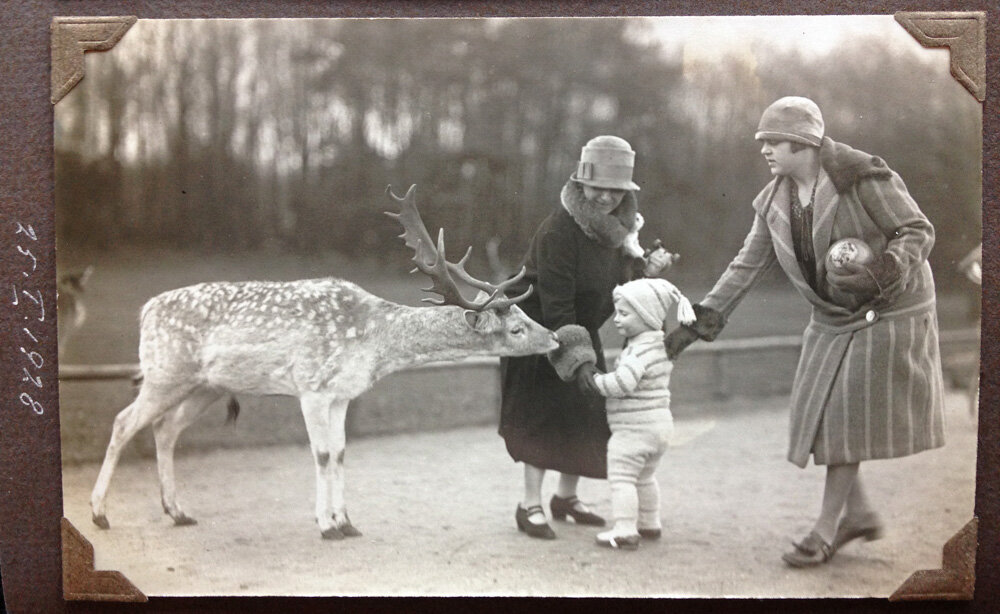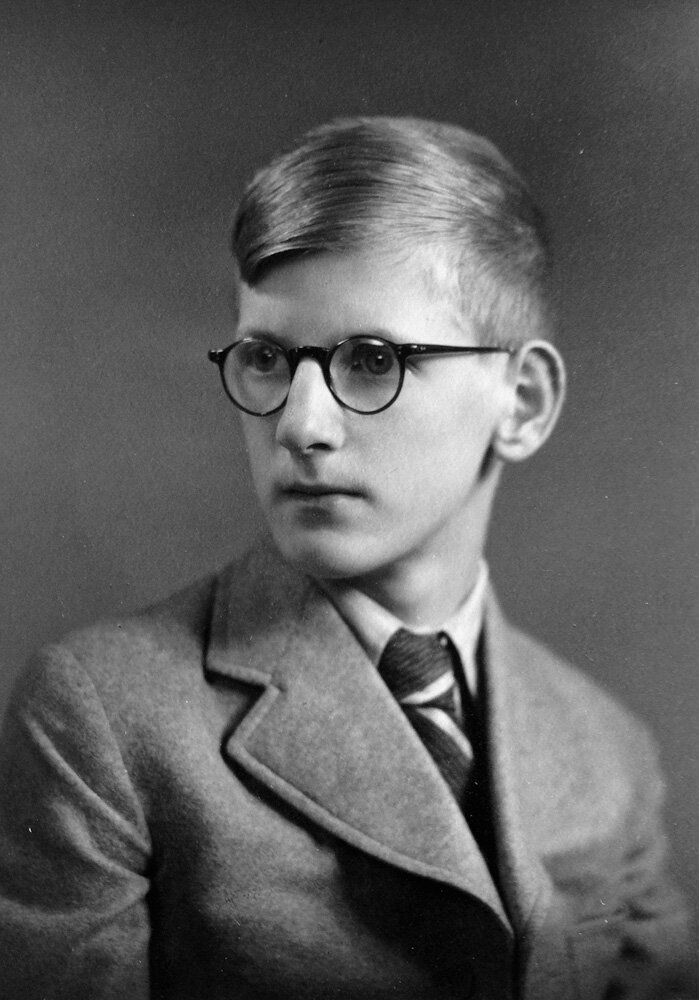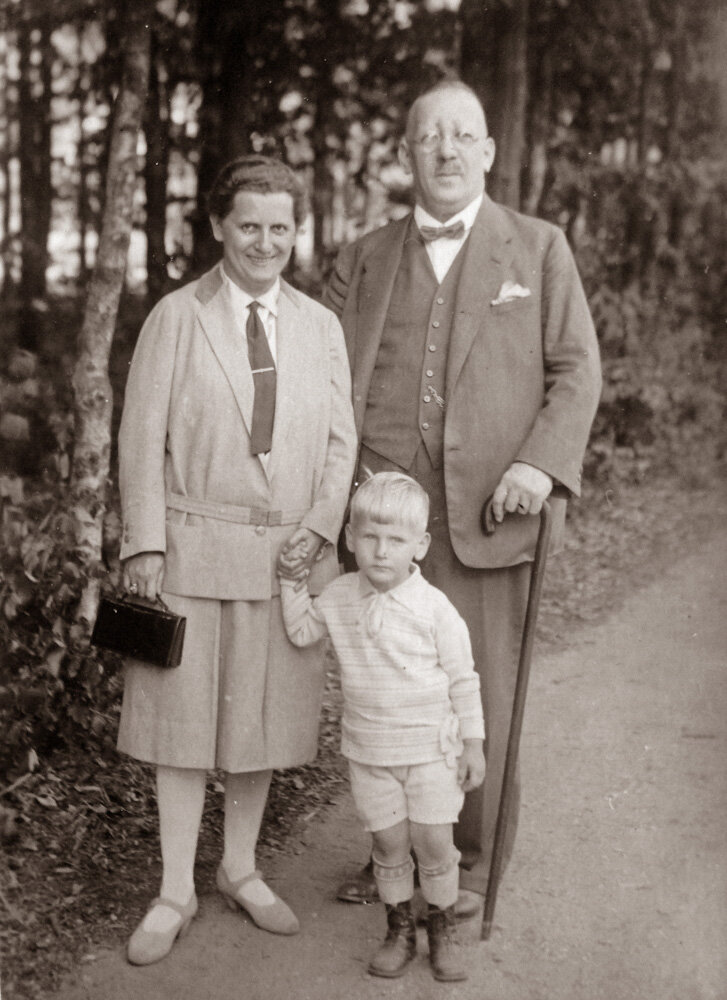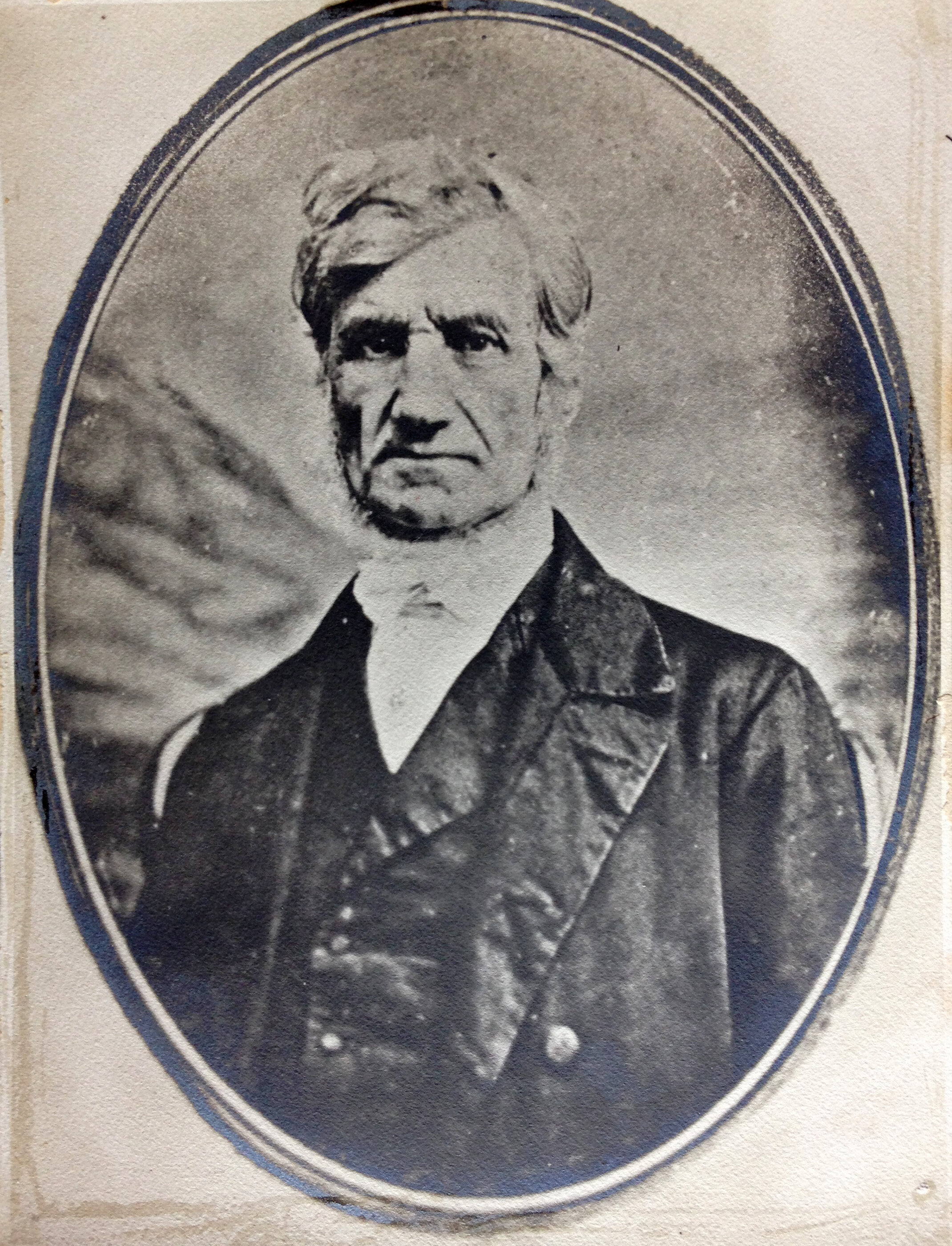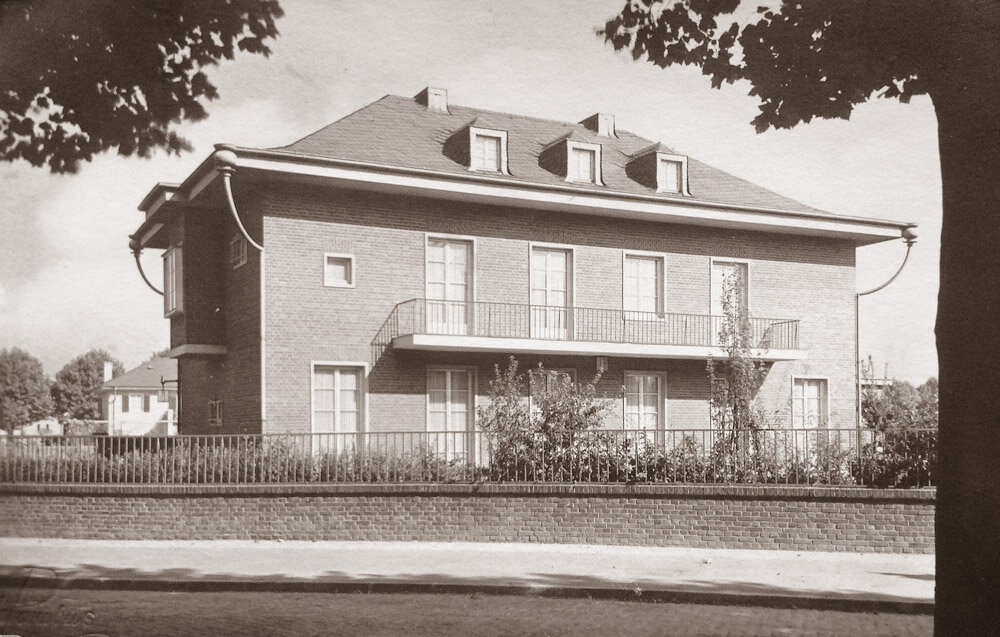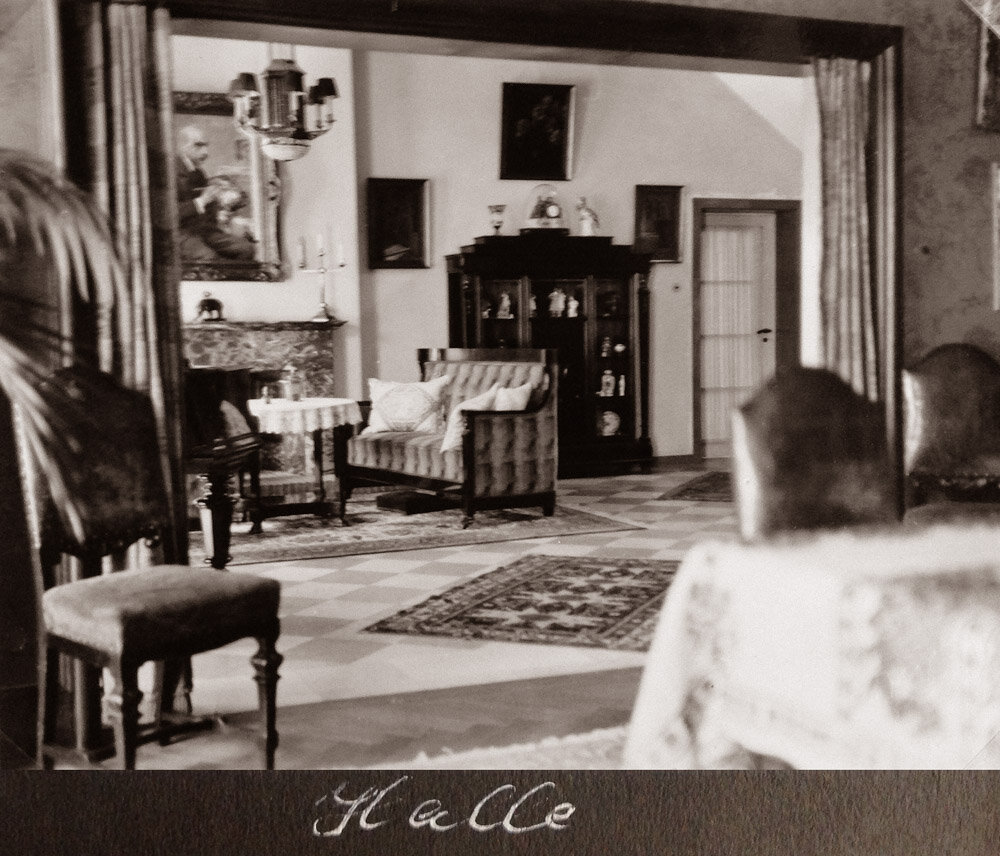
Ralph Stern
WHAT HAPPENED TO YOUR FAMILY AFTER THE hOLOCAUST?
[My Father] decided then to leave Germany. The second time the application to be recognized as a victim of religious persecution was successful. It was successful because of the connections to Geneva. There were diplomatic connections in Geneva and I have correspondence indicating that this should be granted. It seems clear that there was some kind of political push behind this; who that was or what it was, I have no idea. My father never divulged any of that. He did finally leave Germany and relatively quickly, it was on relatively short notice; he had to get from Cologne to the ship within 48 hours. He got on that ship as a German citizen and when he arrived in New York, he arrived as a refugee. Somewhere in transit, he lost his passport and his citizenship. When he arrived in New York, he arrived as a refugee, presumably with the paperwork that he had gotten with the assistance of Geneva. There was a relative in the United States who was able to vouch for him so that he could enter the United States, but he entered the United States as a stateless individual. When he entered the U.S., America was gearing up for the Korean war. Being stateless, my father was drafted…
My mother—in the post war years in a hunger-ridden, cold, dark, Cologne, contracted hepatitis C. I didn't know this until relatively recently. I knew that she was ill, but never knew with what. She had this underlying condition. When she came to Colorado, my sense is that my mother was pretty isolated. We lived close to downtown Denver at first, and then we moved, like everybody was doing at the time, to the suburbs. In the 1960s in suburban America, having German accents and eating somewhat different food and having a different perspective on things was not maybe the easiest of things for her to participate in larger social settings…
There were a number of years when my mother’s health declined and it is very, very tragic but she died when I just turned 15. I would say I lost my mother more or less immediately after my childhood as she first became very ill when I was 10. My father obviously had a difficult time. He lost his father and then he lost his wife. My mother's parents seemed to fault my father. My mother was an only child and, from their perspective, he had taken away their only child to another country, where she died…
This broke the ties with that side of my family. I was 15 and the only person who could mediate between myself and my grandparents was my father, and then there was this break. I simply didn't have the language skills and they lived a world away. This is part of the immigration story, part of the loss of connectivity, the loss of memory…
After a decade of living in New York I moved to Germany. I immediately identified with Germans; at some macro level, there was a mentality click. When I was in Berlin, I decide to visit Cologne. Years earlier, the summer after my mother died, the summer when I was 15, my father and I made a long trip through Europe and we were in Cologne together. There was a friend of the family, of both my grandfather and my grandmother on my mother's side, and I remembered his name. I had learned German and when I arrived in Cologne on the train, I called from the station and said, ‘Hi, I'm here in Cologne and am wondering if you have time to meet?’. He said immediately ‘oh my God, oh my God, oh my God, you're here, you're here, you're here’. There was this incredible immediacy that I didn’t understand. I grabbed a taxi and within half an hour I am standing as a professional, as an architect and educator, in a suit and tie in front of him, saying ‘hi, I'm here and I'm glad you remember me’. He was shocked and I was completely puzzled, so I asked: ‘what, what’s up?’. And he said: ‘After your father remarried, he came to Cologne with his new wife. And everybody was asking, where is Ralph? My father told everybody there that I had become a drug addict and had disappeared in India’. As I just said, my father survived the Holocaust, but I don't believe he survived National Socialism…
